On the morning of October 31, the Ho Chi Minh National Academy of Politics held a scientific workshop to contribute ideas to the draft documents of the 14th National Party Congress.
At the discussion session with the theme of 40 years of Innovation and the results of the 13th Party Congress, Professor Nguyen Quoc Suu, Deputy Director of the Academy of Public Administration and Management ( Ho Chi Minh National Academy of Politics), said that administrative reform is an issue that the Party and State have continuously raised, especially in the past decade.
However, by 2025, the apparatus reform will become a "revolution, a great revolution" and will do a lot of things.
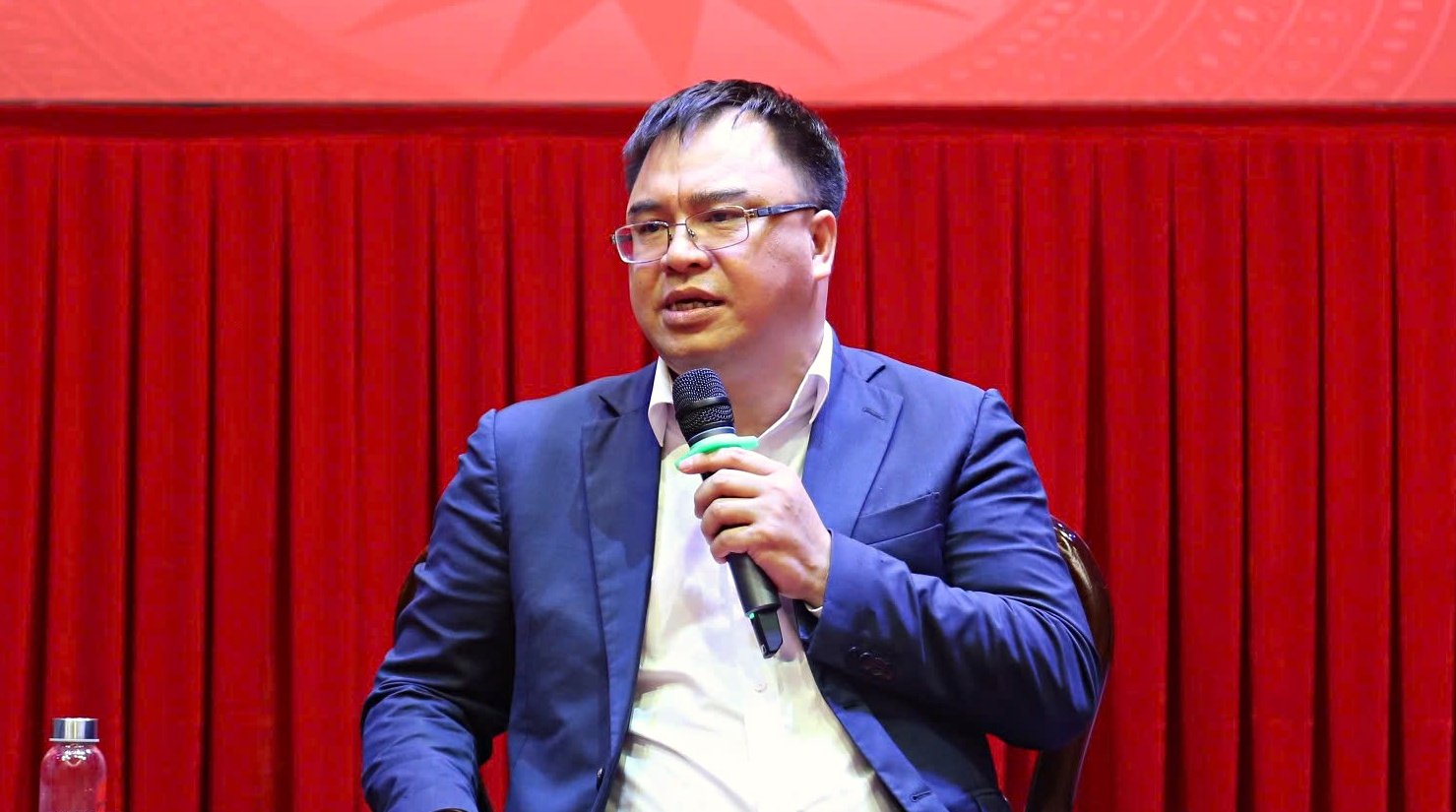
Professor Nguyen Quoc Suu gave his opinion at the discussion session on the documents of the 14th National Party Congress.
PHOTO: GIA HAN
"This has been raised but for a long time there have been discussions and opinions, so the work has not been completed and has not achieved high efficiency. Up to now, this is the right decision, a radical action for the revolution of streamlining the apparatus. In the whole length of history, this is a very big revolution," Mr. Suu said.
Professor Suu analyzed that when the organizational revolution was decided so quickly and strongly, the Party immediately determined that there would be challenges and difficulties. Therefore, General Secretary To Lam once said that we must "run while lining up", work while adjusting. That means adjusting to adapt and overcome challenges and difficulties that may arise.
Talking about the challenges and difficulties of the apparatus streamlining revolution, Mr. Suu said that through monitoring and research, the 3-level government, especially the 2-level local government, is facing 3 challenges.
Firstly, the transition from a 4-level government to a 3-level government, decentralization is clear and does not need to be discussed, but the philosophy of decentralization needs to be redefined. If we look at the decentralization of the 28 recent decrees from ministries down to communes, it shows that there is still the appearance of dual decentralization of the 4-level government.
Mr. Suu said that when the apparatus is reduced from 4 levels to 3 levels, it is necessary to redefine the philosophy of decentralization. How to make the local decide, the local act, the local take responsibility, decentralization must be clear. What the local must do, what the local right is, this must be clearly defined by law.
He suggested that the three-level government apparatus must determine a corresponding decentralization philosophy and be able to integrate existing decentralization philosophies to suit the geo-culture, geo-economics, and geo-politics in Vietnam.
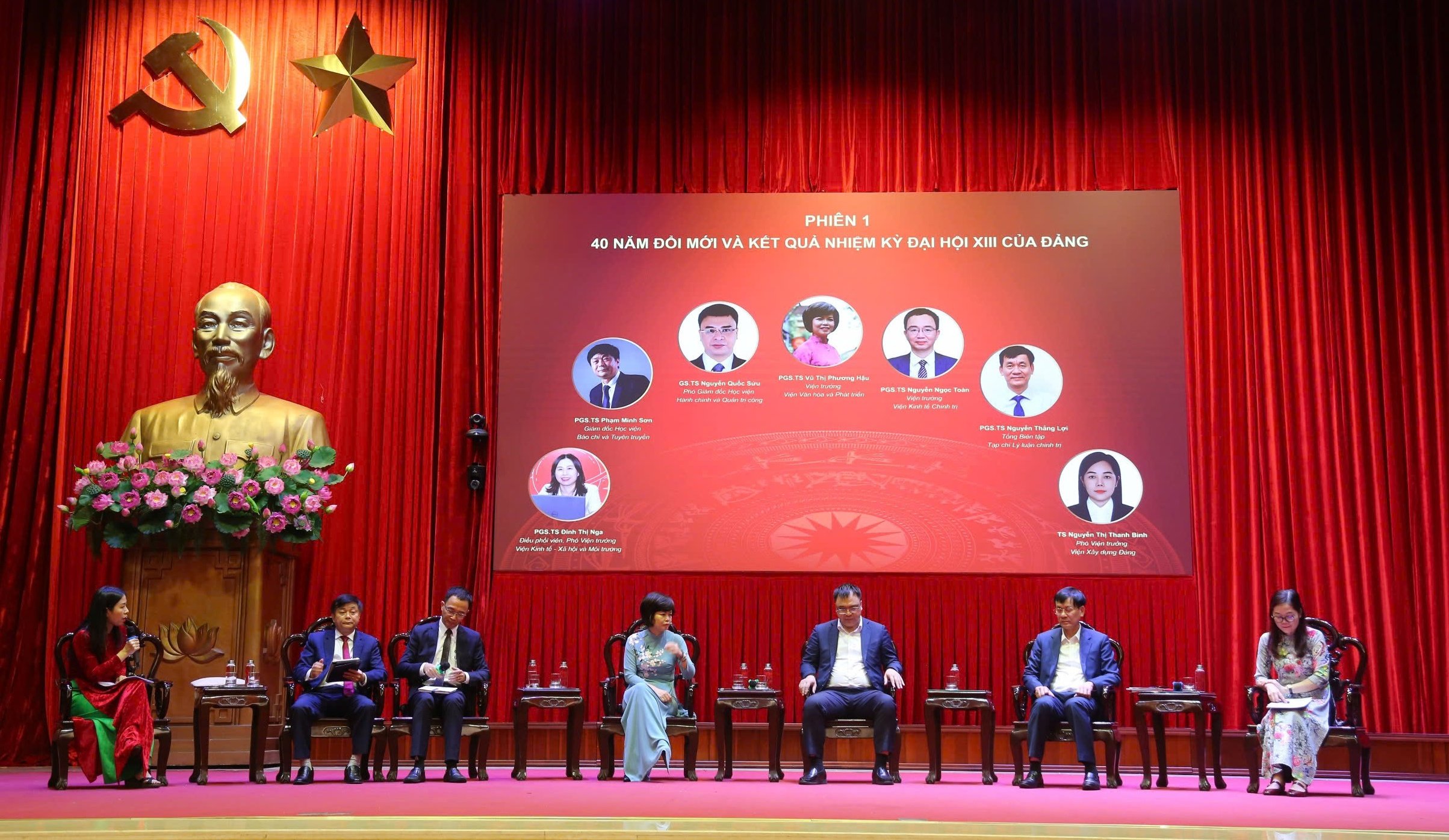
Discussion session on 40 years of Innovation and results of the 13th Party Congress term
PHOTO: GIA HAN
The number of commune-level officials should not be "uniform".
The second challenge, Professor Nguyen Quoc Suu pointed out, is that from July 1st until now, the commune level has only been a transit station, providing public services, and has not yet been implemented as an administrative level because of the urgent time and many tasks.
"The recent report on the number of staff is not lacking, but there is definitely a lack of people doing the right job," Professor Suu stated.
From that, Mr. Suu said that there needs to be a change and there should not be a "uniform" number of commune-level officials. A ward with 40,000 - 50,000 people and a ward with 140,000 people, it is clear that the people who need to provide services are different but the people doing the work are the same.
"It will be difficult for us to work with uniforms like this," Mr. Suu suggested.
To solve the problem of not having the right people to do the right job, Mr. Suu said that it is necessary to review. He cited that previously, the district had an education department with 16-18 people managing 50 schools, but now the ward has only 2 people in charge of education and has to manage 20 schools.
"Although 20 schools are less than 50 schools, the amount of work is sometimes more than 50 schools, because all tasks from the district level are transferred down, and some tasks from the provincial level are transferred down. Obviously, there are more tasks, but only 2 people do them, and 2 people are not specialized. This is difficult," Mr. Suu clearly stated.
The third difficulty and challenge, according to Professor Suu, is also related to staff. He analyzed that in the past, there was a situation where many people did one job, but now, after the merger, one person has to do many jobs. Therefore, economic policies and incentive policies to retain people must change, but currently these policies have not changed.
"There is a lot of work, a lot of responsibility, but the money doesn't change. This place is very difficult," Mr. Suu added.
From the analysis, Professor Nguyen Quoc Suu proposed to add to the draft documents of the 14th National Congress the very large tasks to be carried out in 2025, especially building an effective, efficient and effective public administration system.
Source: https://thanhnien.vn/can-bo-xa-khong-thieu-nhung-thieu-nguoi-lam-dung-viec-185251031113632461.htm



![[Photo] Government holds a special meeting on 8 decrees related to the International Financial Center in Vietnam](https://vphoto.vietnam.vn/thumb/1200x675/vietnam/resource/IMAGE/2025/11/04/1762229370189_dsc-9764-jpg.webp)
![[Photo] Ho Chi Minh City Youth Take Action for a Cleaner Environment](https://vphoto.vietnam.vn/thumb/1200x675/vietnam/resource/IMAGE/2025/11/04/1762233574890_550816358-1108586934787014-6430522970717297480-n-1-jpg.webp)
![[Photo] Ca Mau "struggling" to cope with the highest tide of the year, forecast to exceed alert level 3](https://vphoto.vietnam.vn/thumb/1200x675/vietnam/resource/IMAGE/2025/11/04/1762235371445_ndo_br_trieu-cuong-2-6486-jpg.webp)

![[Photo] Comrade Nguyen Duy Ngoc holds the position of Secretary of the Hanoi Party Committee](https://vphoto.vietnam.vn/thumb/1200x675/vietnam/resource/IMAGE/2025/11/04/1762234472658_a1-bnd-5518-8538-jpg.webp)


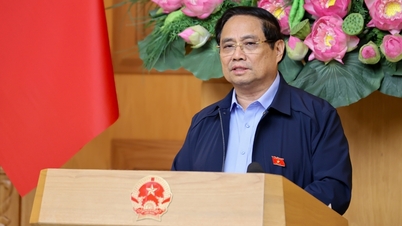

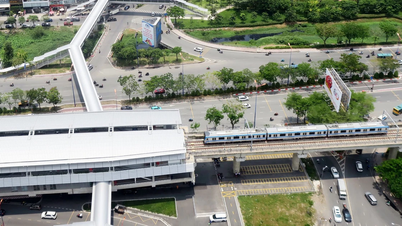


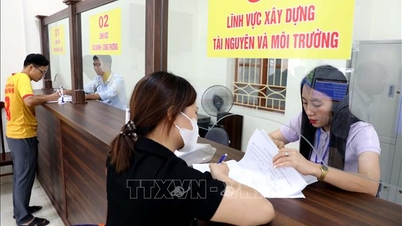

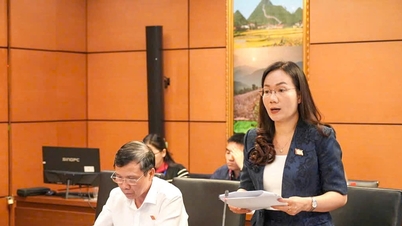

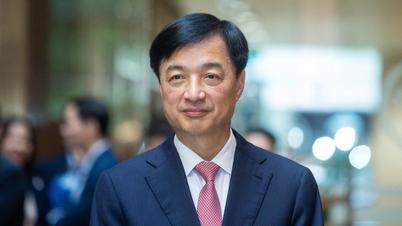

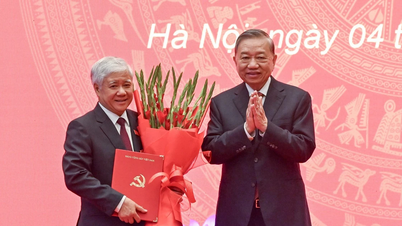

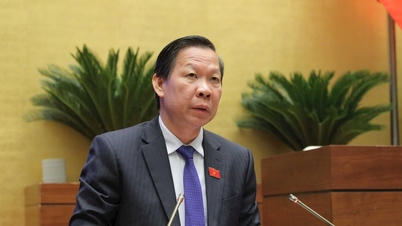

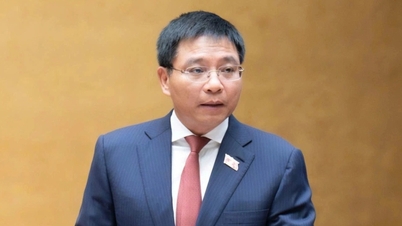





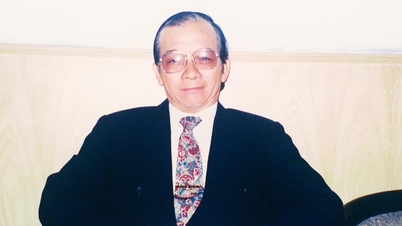
























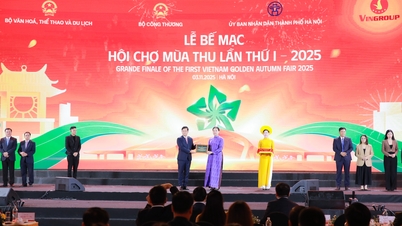

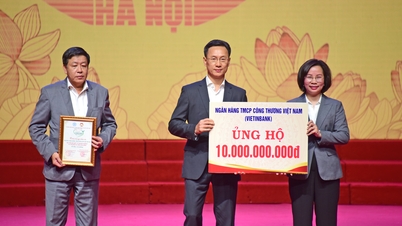











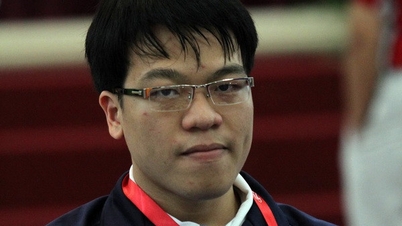



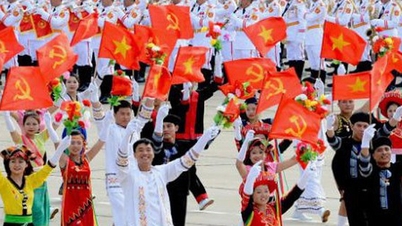

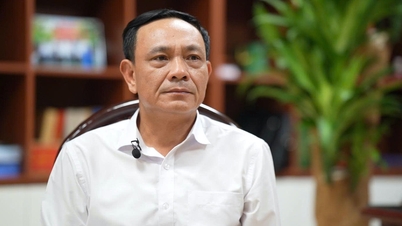



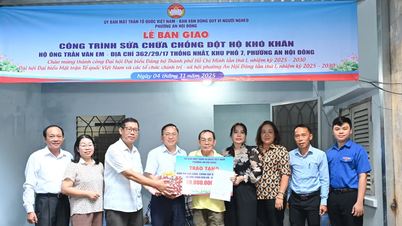




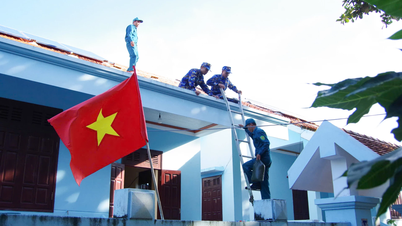

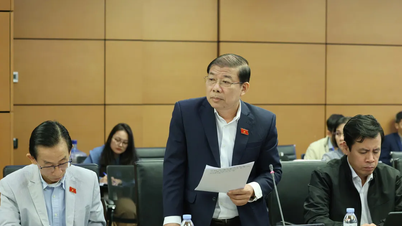














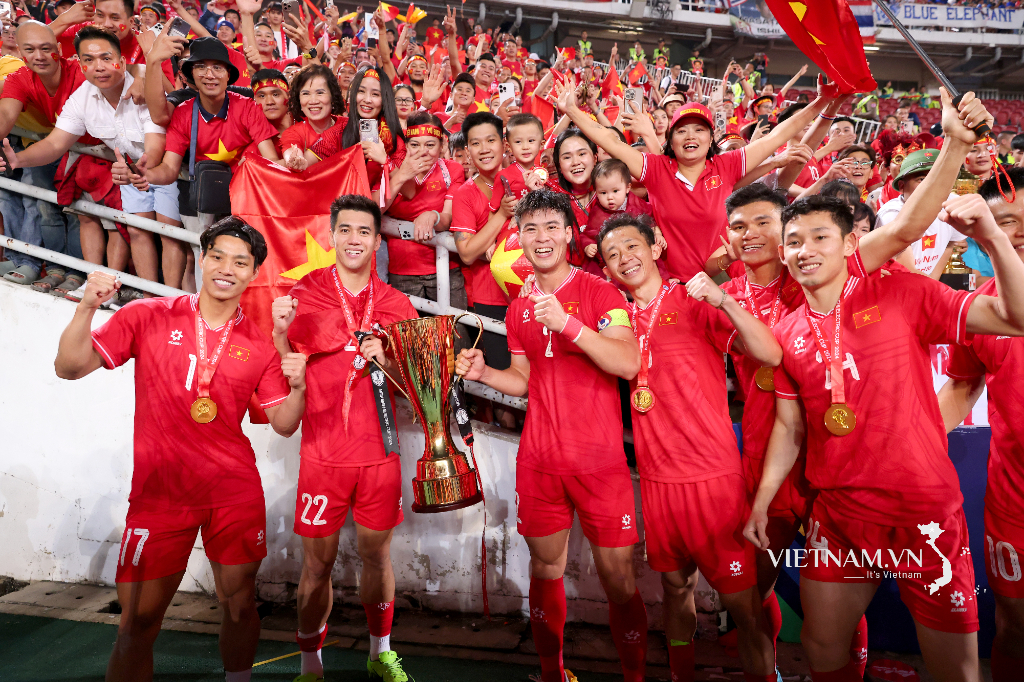

Comment (0)